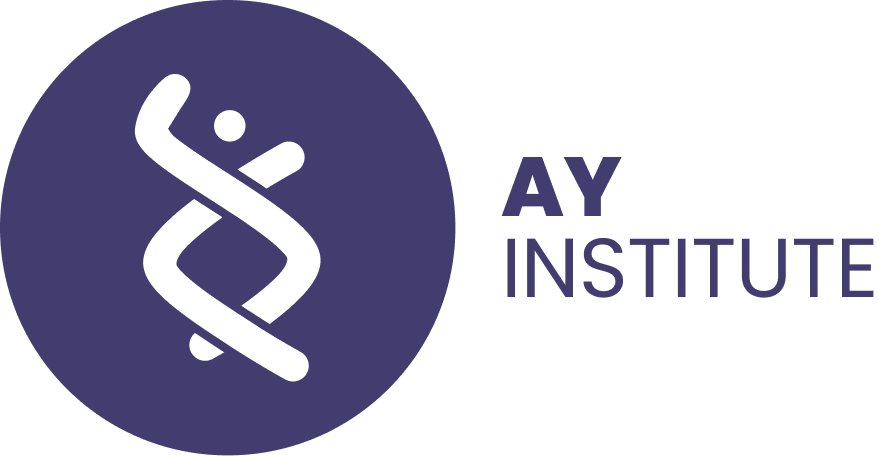Digital literacy has transitioned from a personal convenience to an essential professional skill, touching every facet of our lives. In the contemporary workplace, proficiency in digital skills is not only an asset but a necessity. This article explores the critical role of digital literacy in the workplace, exploring its significance, current challenges, and initiatives aimed at bridging the digital skills gap.
Digitalization on the Labor Market
The past decade has witnessed a global trend toward digitization, significantly influencing the labor market. Digital technologies have entered various sectors of the European economy, with over 40% of European workers involved in changing or replacing the technologies they use at work. These structural changes are closely tied to the soaring demand for advanced digital skills in the upcoming years.
The correlation between the digitization of the economy and employment and income distribution is evident. The labor market in Europe is witnessing a high demand for advanced digital skills. Overcoming this challenge requires a concerted effort from member states, businesses, training providers, the European Commission, and other organizations. The Commission’s annual publication of DESI monitors Member States’ digital performance, guiding further efforts where necessary.
The European Union’s Focus on Digital Skills
In Europe, digital skills have garnered significant attention from policymakers. Recognizing the transformative impact of the digital era, the European Union (EU) has implemented policies and initiatives to enhance digital skills among both the workforce and consumers. More than 90% of professional roles in Europe now require a basic level of digital knowledge, mirroring the importance of literacy and numeracy skills. Astonishingly, around 42% of Europeans lack these fundamental digital skills, with 37% of those within the workforce falling behind.
To counter this gap, the EU has invested in strategic programs such as the European Skills Agenda, the Digital Education Action Plan, and the Digital Skills and Jobs Coalition. These initiatives aim to train Europeans, ensuring a robust talent pool capable of navigating the complexities of the digital world. Advanced digital skills, vital for roles like digital marketing and social media, are also emphasized, recognizing the evolving demands of the job market.
The EU’s commitment to expanding digital skills aligns with the understanding that a workforce equipped with robust digital literacy will fortify Europe’s competitiveness globally and contribute to a more equitable society.
Digital Literacy Development in Young People
While addressing the current workforce’s digital skills is crucial, ensuring the upcoming generation is well-versed in digital literacy is equally important. The evolving landscape of literacy, including digital literacy, highlights the need for immersive, authentic, and relevant learning experiences, particularly for children and youth.
Contrary to the common belief of the “digital native”, young people often struggle with issues of privacy, risk, and identity despite the prolific use of digital technologies. The 2009 Programme for International Student Assessment (PISA) survey revealed that computer use at home, especially for leisure, positively influences navigation skills and digital reading performance. This suggests that informal, unstructured spaces play a crucial role in developing digital competence, outside the traditional classroom setting.
Efforts to integrate digital technologies into formal education call for a flexible, constructivist approach. Ireland’s Digital Strategy for Schools emphasizes the need to move beyond functional-level skills, recognizing the importance of a richer set of digital behaviors, practices, and identities.
The European Computer Driving Licence (ECDL) advocates for a standardized approach that encompasses both computing and digital literacy. It emphasizes a broader suite of skills reflecting social and cultural engagement, self-expression, identity formation, and participation in the online world.
Creating learning environments that support these activities requires a fundamental transformation of traditional pedagogical cultures. Initiatives like Ireland’s Digital Schools of Distinction and the Student Digital Ambassadors project at University College Dublin illustrate the progress and commitment toward this transformative shift.
Final Remarks
In conclusion, digital literacy is not merely a professional requirement; it is a strategic investment in the future of our societies. The EU’s initiatives, along with national efforts, are crucial for empowering individuals and closing the digital skills gap. As we navigate the digital age, fostering digital literacy becomes imperative for a workforce ready to embrace the challenges and opportunities that lie ahead. Bridging the digital skills gap is not just a matter of professional development; it is a commitment to a more inclusive, competitive, and innovative future.
References:




